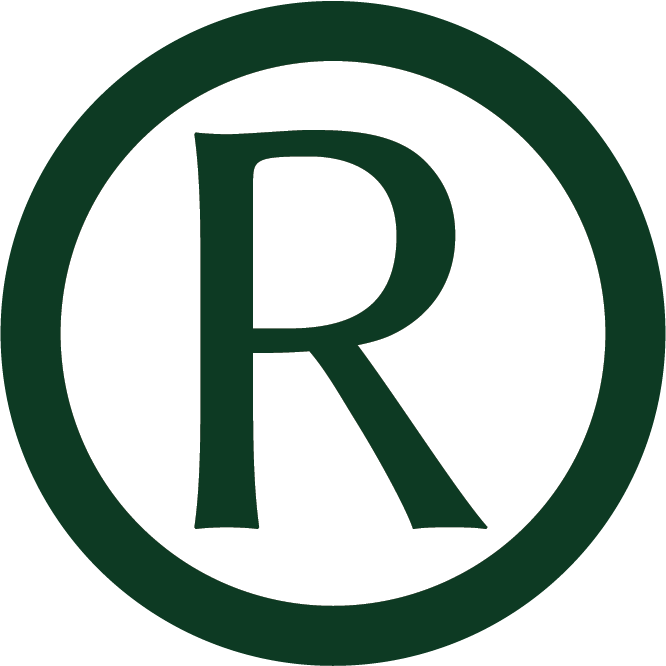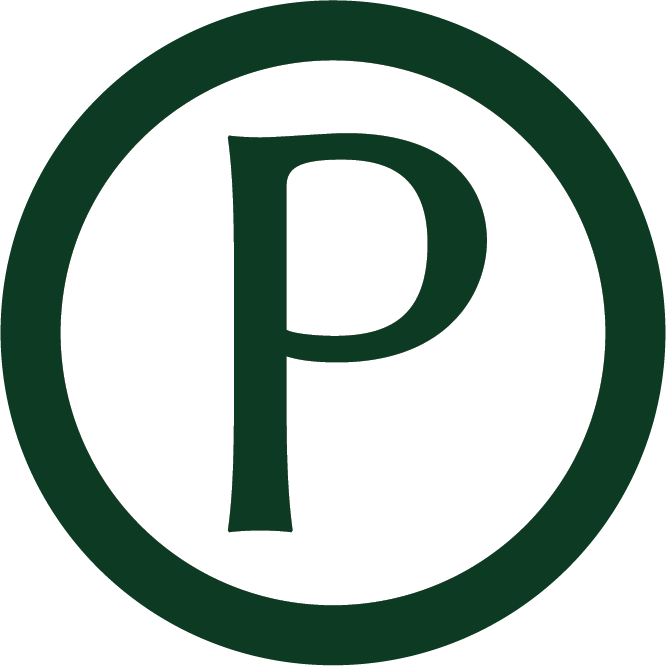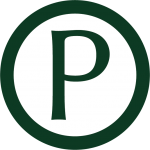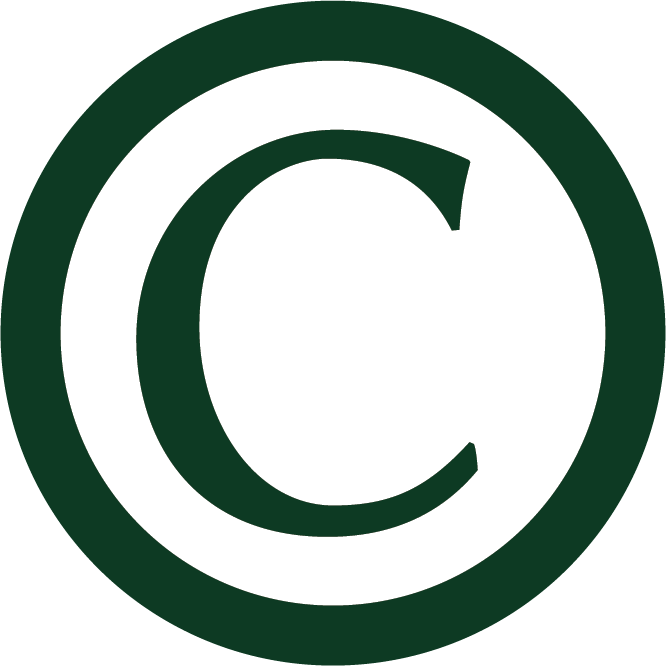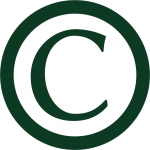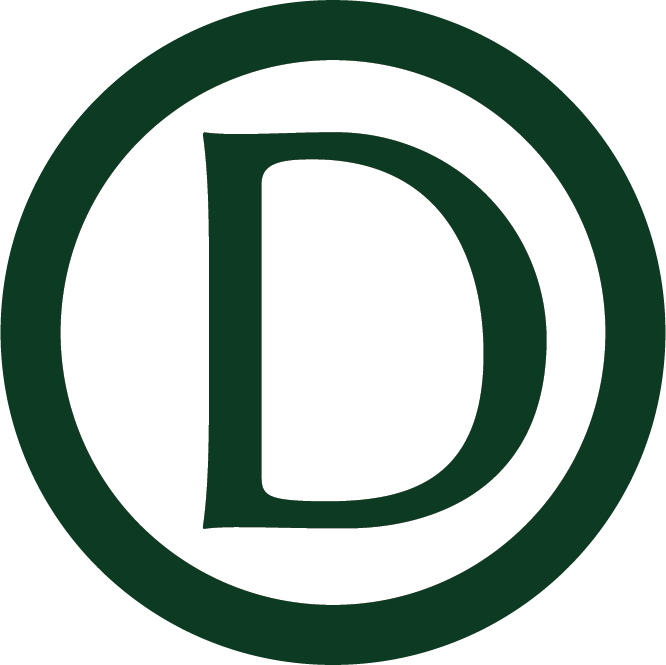PATENT
PATENT
Patent Protection
Got a great invention? Now what?
You might need a patent. You might want to keep it a trade secret. But what are the differences?
Your idea could be valuable. But do you know what to do once you have it? Patents can give you exclusive rights. A trade secret might be easier and cheaper to manage. You might need confidentiality agreements. A registered patent attorney, Tim Ackermann can explain the risks and benefits and how these will help your business.
What is a patent?
A right that is granted by the U.S. Patent & Trademark Office (USPTO) for your invention.
The USPTO grants patents for inventions the inventor (or to a company to whom the inventor sold the invention). They do not last forever (less than 20 years) but help protect your business.
What good does a patent do me?
A patent helps your business, by protecting your product or idea from competition.
A patent protects your business from certain kinds of competition. The owner can prevent others from making, using, selling or importing the invention. That can either keep the other company out of the market, or make it harder for them to compete on that product. A patent is also a recognized asset of a company.
Are all patents the same?
No, there are three different types, and each offers different kinds of protection.
There are three types of patents, which protect different things. A “utility patent” protects a process, method, machine, manufactured item, or composition of matter. A “design patent” protects an ornamental design for a manufactured item – but not how it works. And a “plant patent” protects varieties of plants.
Who owns a patent?
Usually, the inventor(s) or their company. Often, the employer owns it because an agreement says that.
Patent ownership starts with being the inventor (or inventors). But inventors commonly sell (or assign) their patent rights to their employer, and employers can even have rights without an assignment.
Do I have to explain my secret idea to get a patent?
In short, yes. It is part of the deal.
Yes, because getting a patent on an idea or product means one has to explain how to make and use that invention.
Can I just wait until I know if my idea is worth more?
Yes, but it is risky.
Waiting can mean that another company might get first in line by filing first. Another risk is that someone else’s earlier product or article becomes public, keeping your patent from issuing. One option is filing a “provisional” patent application, but this still takes some time.

